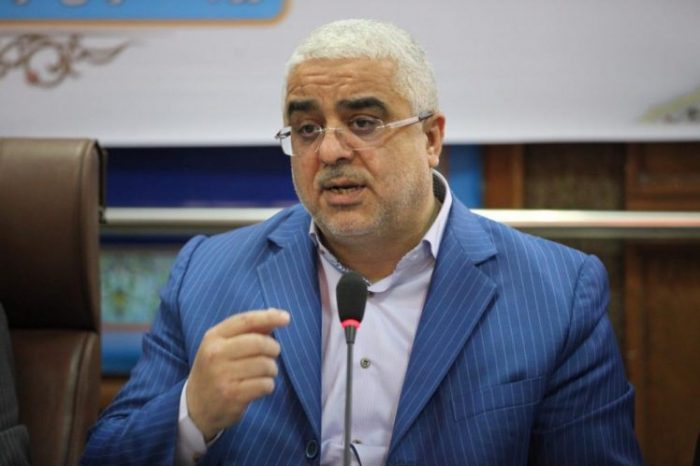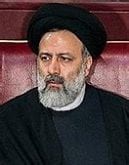CHRI – Former Intelligence Minister Admits Iranian-Canadian Zahra Kazemi Was Killed in Evin Prison in 2003
Iran’s Parliamentary Committee for National Security and Foreign Policy is drafting a bill to separate the responsibilities of the Intelligence Ministry and the Islamic Revolutionary Guard Corps’ (IRGC) Intelligence Organization.

“In my opinion, under the law, the IRGC’s Intelligence Organization is considered an agency that enforces judicial orders,” said reformist lawmaker Mostafa Kavakebian in an interview with the semi-official Iranian Labor News Agency (ILNA) on February 26, 2018.
“At the same time, we have always believed that the legal authority in charge of espionage operations is the Intelligence Ministry and its decisions are also carried out by the Judiciary. So, naturally, there has to be a separation of responsibilities between these two security organizations,” the member of Parliament (MP) added.
Agents of the IRGC’s Intelligence Organization, which answers only to Supreme Leader Ali Khamenei and otherwise operates independently, arrested several environmentalists in Iran in late January 2018. One of the detainees, prominent Iranian academic and environmentalist Kavous Seyed-Emami, died in Evin Prison on February 9 in an alleged “suicide” that has not been corroborated by an independent investigation.
In his interview, Kavakebian questioned why the Intelligence Ministry and the IRGC maintain separate wards under their control in Tehran’s Evin Prison, even though the facility is technically under the jurisdiction of the Judiciary.
“I have said this many times and made a note of it during an open session in Parliament, that the prisons are supposed to be under the control of the Judiciary and therefore it should be more careful in treating and holding prisoners,” he added.
Former Intelligence Minister Admits State Responsibility For 2003 Death in Evin Prison
The MP’s comments come on the heels of a public admission by a former Iranian intelligence minister that Iranian-Canadian photographer Zahra Kazemi died in Evin Prison in 2003 while being beaten by agents of the prison.
“Apparently, before Zahra Kazemi was transferred to detention for interrogation, she was beaten when she refused to hand over her belongings and her head struck the street curb causing a brain hemorrhage,” Ali Younesi told the Iranian government’s official newspaper, Iran, on February 25, 2018.
“She could definitely have been saved if they had taken her to the hospital on time,” added Younesi, who served under former President Mohammad Khatami (1997-2005) as Iran’s intelligence minister from 2000 to 2005.
Younesi also confirmed that the espionage accusations against Kazemi were false.
“The Tehran prosecutor at the time [Saeed Mortazavi] was insistent that Kazemi was a spy,” he said. “We decided to investigate and assigned two of the ministry’s counter-intelligence officers to interview her at a hotel. The officers came back and formally declared that based on their technical and scientific evaluation, she is not a spy. But the prosecutor remained adamant.”
More than 14 years ago, Dr. Shahram Aazam, the physician who examined Kazemi at Baghiatolah Hospital in Tehran on July 26, 2003, wrote in his medical report that he had witnessed “injuries inflicted on her due to torture, assault and battery.”
Despite the report and calls for an independent investigation from human rights groups and the Canadian government, no one was held responsible for Kazemi’s death.
The Center for Human Rights in Iran (CHRI) has called for an independent, UN-led investigation into the deaths of two detainees in Evin Prison in January and February 2018 and the death of another at a detention center in the city of Arak that also occurred in January.
The Iranian authorities have labeled all three cases as suicides and have pressured the families of the deceased not to speak to the media.
“After protesters died in custody at the Kahrizak Detention Center in 2009, the authorities claimed suicide then too, but in the end, they could not deny that the victims died as a result of torture and Kahrizak’s inhumane conditions,” said CHRI’s Executive Director Ghaemi.
 Shabtabnews In this dark night, I have lost my way – Arise from a corner, oh you the star of guidance.
Shabtabnews In this dark night, I have lost my way – Arise from a corner, oh you the star of guidance.


